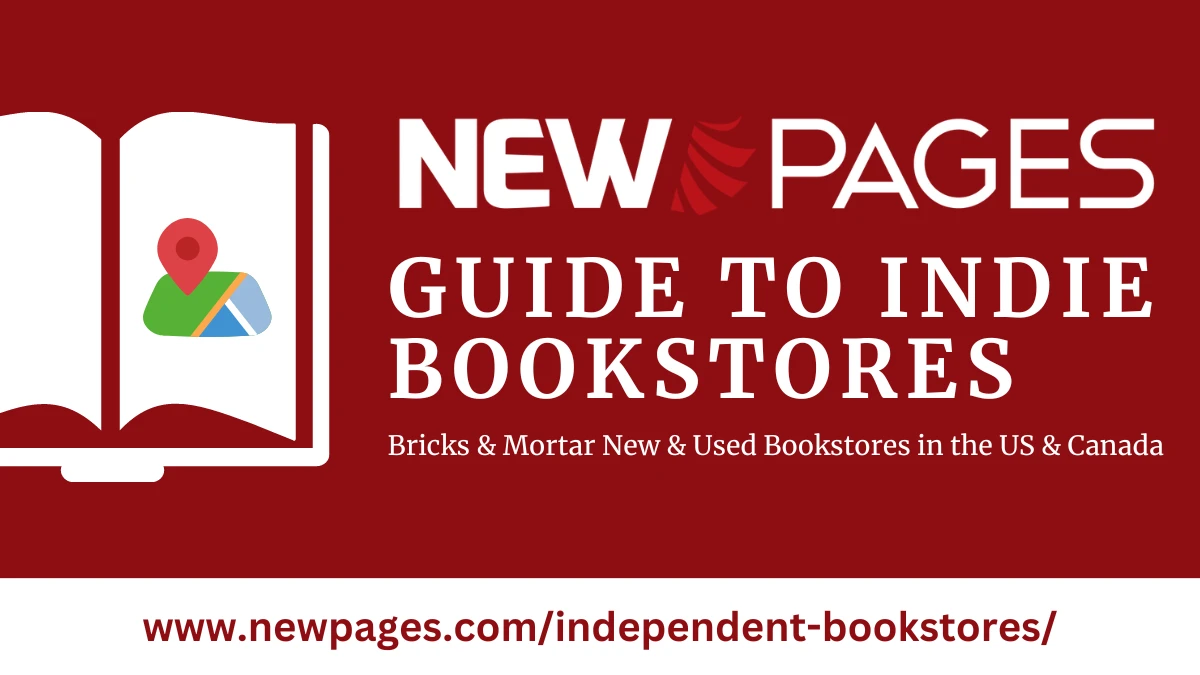- Broad Street Books
- 1 Mill St.
- City: Branchville
- Phone: (862) 268-5184
- Type: Primarily used with some new books
- Specialty: General Interest, Art, Children's, Literary, Metaphysical/New Age
- Website
- Map It
Broad Street Books is an independent used bookstore specializing in a wide variety of nonfiction books, children & young adult literature, leatherbound classics, and CDs. The only new books we carry are by our local authors and they are all signed. Our hours are Mon-Sat. 10-6. Sunday 10-3.

